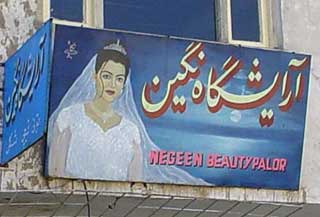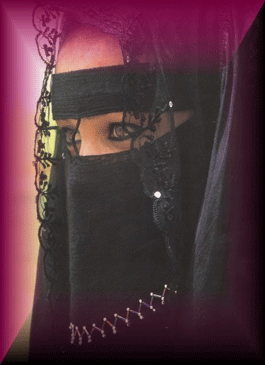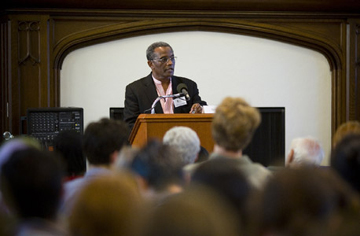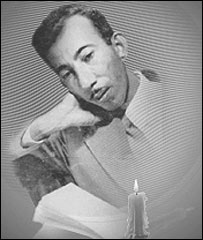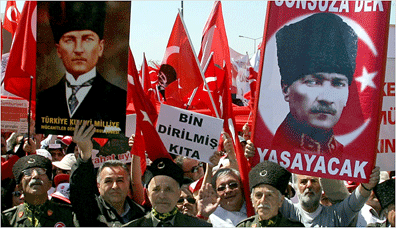
by Simon Jenkins, The Guardian, April 9 2008
The British troops encamped outside Basra resemble Davy Crockett’s colleagues in the Alamo. Nobody will come to their rescue. Their position is hopeless. They cannot win. They cannot escape. Their boss, the defence secretary Des Browne, has emphasised their political entombment by reneging on Gordon Brown’s pledge to reduce their numbers by a half this spring. The American general, David Petraeus, yesterday said the same of his troops. He wants 140,000 of them to remain at the end of the current surge, dashing hopes that their numbers might come down. The occupation of Iraq is now officially indefinite. Too many politicians have too much to lose by contemplating retreat. Continue reading The occupation has frozen Iraq.
